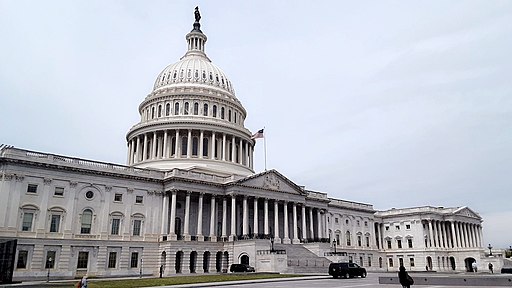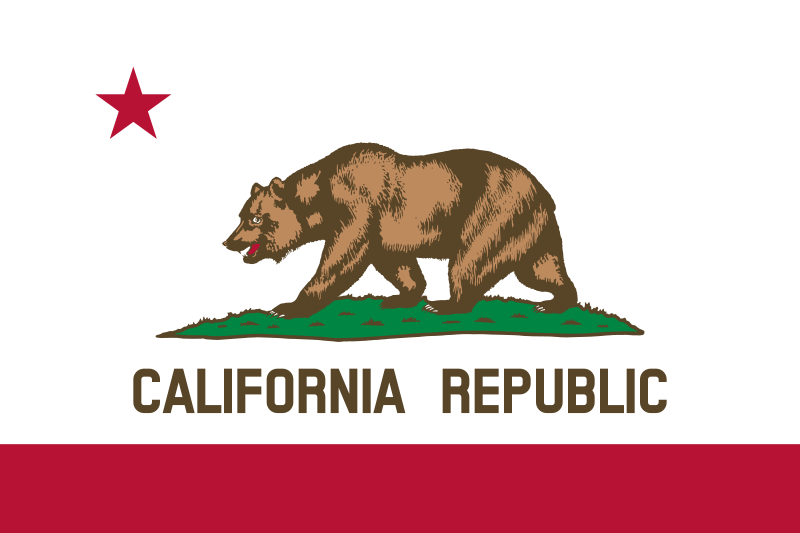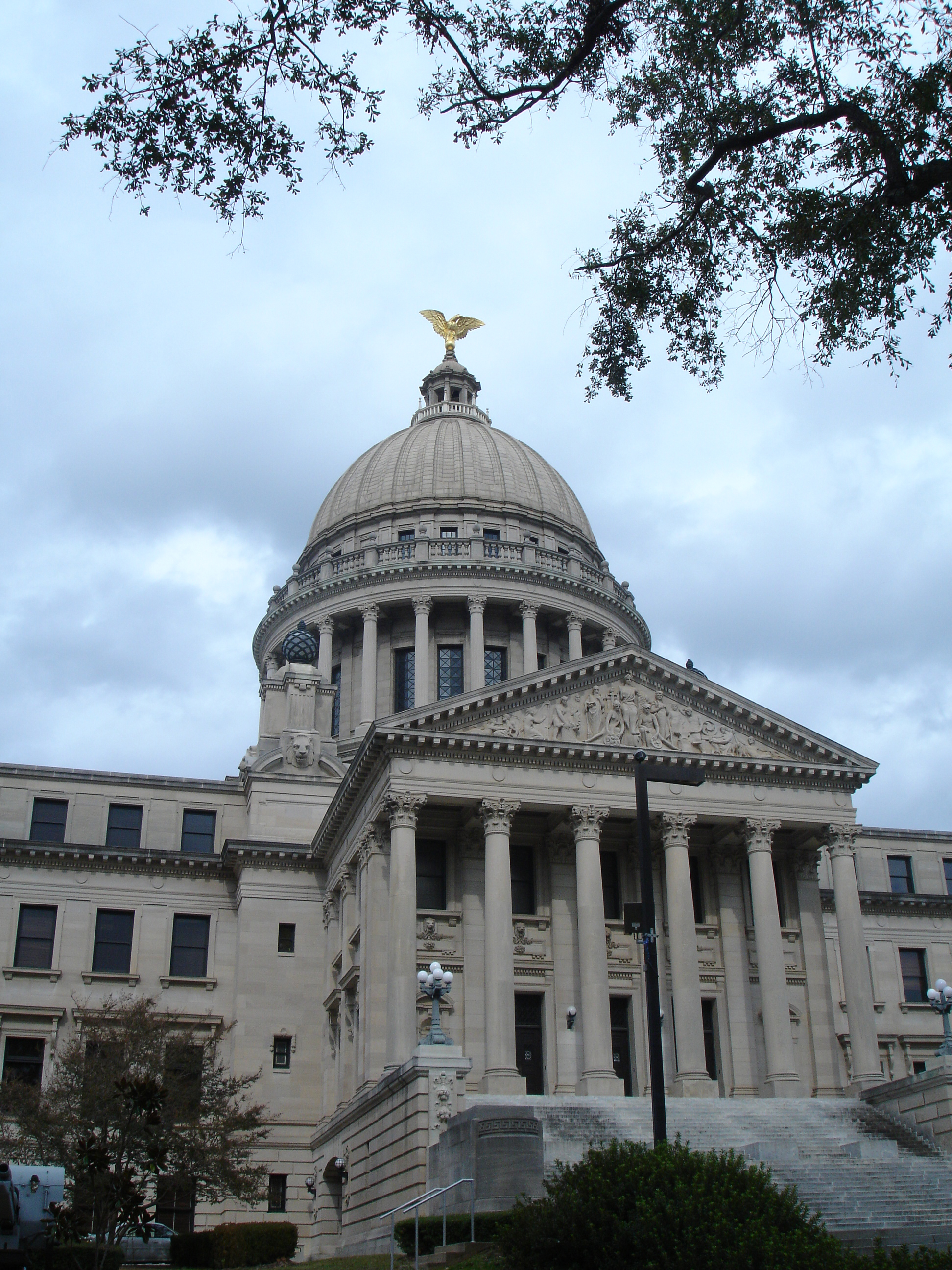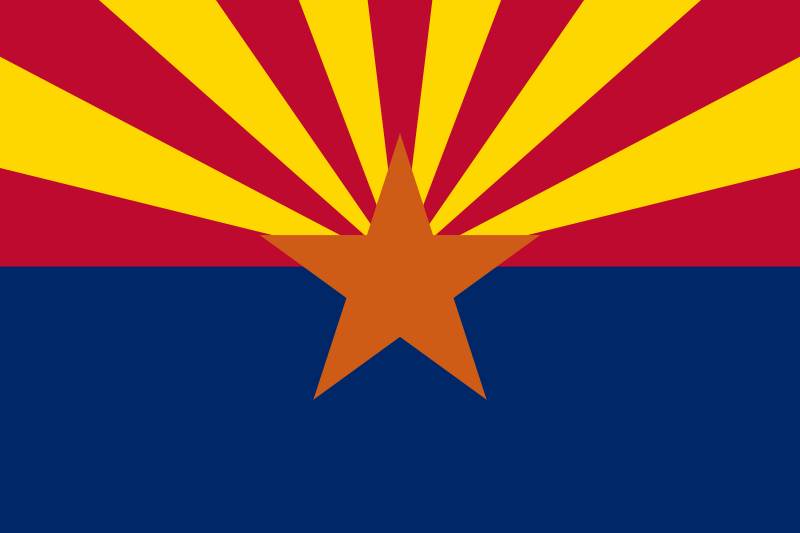Tag: healthcare
-
Senate Health, Education, Labor, and Pensions Committee holds confirmation hearing for Robert F. Kennedy Jr. for secretary of health and human services

The Senate Health, Education, Labor, and Pensions Committee held a confirmation hearing for Robert F. Kennedy Jr. for secretary of health and human services on Jan. 30, 2025. At the time the hearing ended, the committee had not scheduled a meeting to vote on his nomination. Kennedy must receive a majority approval vote in the…
-
A California initiative to permanently fund Medi-Cal Health Care Services qualifies for the Nov. ballot

The Coalition to Protect Access to Care is sponsoring an initiative that would permanently authorize a tax on managed care organizations (MCO) based on monthly enrollees, which is set to expire in 2026, to fund Medi-Cal Health Care Services. The California Secretary of State announced on June 4 that it had qualified for the ballot…
-
Mississippi House advances Medicaid expansion with work requirements

The Mississippi House of Representatives passed H.B. 1725 on February 28, 2024, which would expand Medicaid eligibility for people who earn up to 138% of the federal poverty level and meet work requirements. The bill directs the Mississippi Division of Medicaid to apply for a waiver from the federal Centers for Medicare and Medicaid Services…
-
South Dakota Senate passes resolution on Medicaid work requirements

The Republican-led South Dakota Senate passed Senate Joint Resolution (SJR) 501 on January 25, 2024, which would ask voters to weigh in on a proposed constitutional amendment allowing for work requirements in the state’s expanded Medicaid program. South Dakota voters in November 2022 approved a constitutional amendment to expand Medicaid to people who earn up…
-
Lawsuit filed regarding constitutionality of Arizona Proposition 209, which addressed medical and other debt

On Nov. 8, Arizona voters approved Proposition 209 with 72% of the vote. The citizen-initiated measure is designed to reduce interest rates on debt accrued from receiving healthcare services, as well as increase the value of certain property and assets exempt from debt collection processes. Maricopa County Superior Court Judge John Blanchard signed a temporary…
-
Republican attorneys general file petition to repeal vaccine mandate for healthcare workers

Twenty-two attorneys general filed a petition on November 17, 2022, requesting the Biden administration to repeal the vaccine mandate for healthcare workers. The Centers for Medicare and Medicaid Services (CMS) issued an interim final rule on November 5, 2021, requiring healthcare workers to receive the COVID-19 vaccine. The interim rule aimed to “protect the health…
-
Texas sues Biden administration over guidance requiring abortions in medical emergencies

Texas Attorney General Ken Paxton (R) sued the Biden administration July 14 after Department of Health and Human Services (HHS) Secretary Xavier Becerra released guidance July 11 requiring doctors to provide abortions in medical emergencies when “abortion is the stabilizing treatment necessary to resolve [the emergency] condition.” The guidance went on to say that “when…
-
Signatures submitted for three ballot initiatives in Arizona

On July 7, Arizona Secretary of State Katie Hobbs announced that three ballot initiative campaigns submitted signatures to appear on the ballot this November. If enough signatures are verified, the initiatives will join the eight legislatively referred measures currently certified for the Arizona ballot. To qualify an initiated state statute in Arizona, campaigns must collect…
-
Oregon Drug Decriminalization and Addiction Treatment Initiative will appear on ballots in November

On June 30, 2020, the Oregon Secretary of State completed the signature verification process for the Oregon Drug Decriminalization and Addiction Treatment Initiative and officially certified the initiated state statute for the ballot. Yes on IP 44 is sponsoring the initiative and submitted 156,009 raw signatures. The state verified that 116,622 signatures or 74.75% of…

